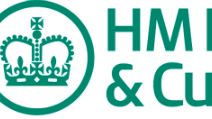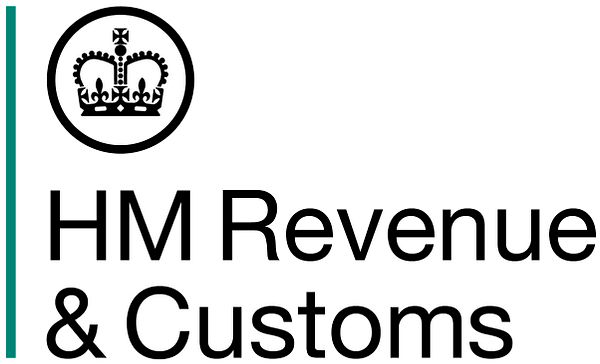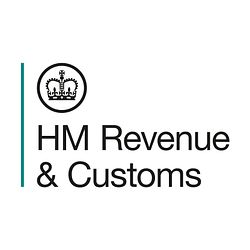
Press release -
Ten things you need to know about tax avoidance
HM Revenue and Customs (HMRC) today issued a list of ‘10 things a tax avoidance scheme promoter won’t always tell you’.
The list sets out the risks that people face when they sign up to a tax avoidance scheme. These include not only the possible monetary costs and reputational damage of tax avoidance, but also a potential criminal conviction.
This list is being published as HMRC writes to the first promoters who will be caught by new High-Risk Promoters rules. If they don’t change their behaviour, HMRC could name them publically and fines might be imposed of up to £1 million.
Speaking at an HMRC stakeholder conference today, the Financial Secretary to the Treasury, David Gauke, said:
“The government has taken unprecedented steps to clamp down on the selfish minority who practise tax avoidance, because we are firmly on the side of the vast majority of taxpayers who play by the rules. As a result, tax avoidance is now very high risk.
“On top of a substantial fee to join a scheme that will almost certainly fail a challenge by HMRC, tax avoiders will also have to pay the tax they dodged, plus interest and penalties.
"To help protect taxpayers from unscrupulous promoters we have put in place new High-Risk Promoters rules, but people need to be aware of the dangers. So I would strongly advise anyone thinking of signing up to a scheme which they have been told will legally reduce their tax bill to carefully consider today's list of things a promoter may not tell you."
The 10 things a promoter won’t always tell you:
1. Most schemes don't work. You may be told that avoidance is legal, but if the scheme doesn’t work you'll have made an incorrect tax return which is not in accordance with the law. You are legally obliged to pay tax that is due and you may be charged penalties if you try to avoid it.
2. It could cost you more than you bargained for. Avoidance schemes are complex. They can give rise to unintended additional tax consequences, and the fees you pay the promoter do not count as tax paid. So you could end up paying much more than just the tax you’re trying to avoid.
3. You may have significant legal fees to pay. If the scheme is taken to litigation, you’re likely to have hefty legal fees to pay. Your promoter may ask you to pay into a ‘fighting fund’ up front.
4. You could face criminal conviction. If you deliberately mislead or conceal information from HMRC you could be prosecuted and convicted.
5. You could face publicity as a tax avoider. If you are named in court papers when the case is litigated, or in public registers, you could be reported in the media as a tax dodger.
6. Your scheme is never HMRC approved. Getting an avoidance Scheme Reference Number from HMRC doesn’t mean the department has cleared the scheme. HMRC issues these numbers when a scheme has signs of being designed to avoid tax.
7. You could be marked out as a high-risk taxpayer. Use of a scheme could mark you out as a high-risk taxpayer, which means that all of your tax affairs will be closely scrutinised in future, not just your claim for relief.
8. HMRC is likely to beat your scheme in court. HMRC wins eight out of ten cases where taxpayers and promoters take avoidance schemes to court.
9. The risk is normally all your own. It's unlikely that a promoter will give you a guarantee that a scheme will work. And they probably won’t be around to support you once HMRC starts investigating your tax affairs. Some promoters set up simply to sell the scheme, and then disband.
10. You’ll have to pay the tax up front anyway. You won't get a cash-flow advantage while HMRC investigates a scheme. New legislation means you'll have to pay the disputed tax up front.
Notes for editors
1. HMRC is willing to talk to anyone involved in an avoidance scheme about settling their case. They should call 03000 530 435 immediately to discuss the options.
2. HMRC has published Tempted by Tax Avoidance to help those considering using an avoidance scheme to understand the risks - http://www.hmrc.gov.uk/avoidance/tempted.pdf
3. HMRC is implementing powers given by Parliament to identify, monitor and badge promoters that taxpayers should avoid. The Finance Act 2014 introduced High-Risk Promoters rules to tackle the small minority of tax advisers who are persistently uncooperative and opaque in their dealings with HMRC.
4. Follow HMRC’s press office on Twitter @HMRCpressoffice
5. HMRC’s flickr channel www.flickr.com/hmrcgovuk
Related links
Topics
Issued by HM Revenue & Customs Press Office
HM Revenue & Customs (HMRC) is the UK’s tax authority.
HMRC is responsible for making sure that the money is available to fund the UK’s public services and for helping families and individuals with targeted financial support.

